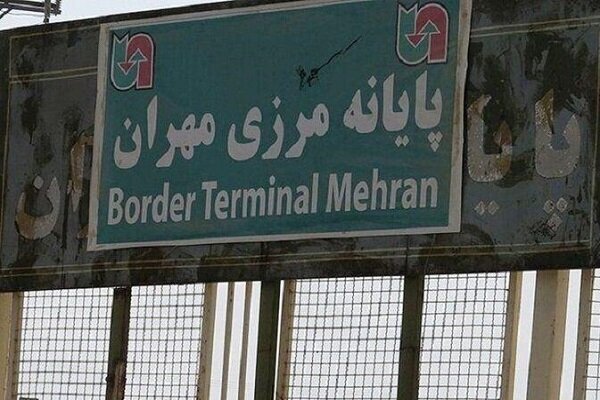
Mehran is a character in the Persian epic poem Shahnameh. The Shahnameh or Shahnama. ’’The Book of Kings” is a long epic poem written by the Persian poet Ferdowsi
By Nasir Aijaz
My friend Col. (R) Hassan Imam and me, are nostalgic beings, as whenever we had a conversation on the phone, we used to talk of past stories related to history, heritage, culture, language and the people of Sindh. Laughingly, he often says “We are Retrophiliac, as we love the past.”
Another thing that we use to share is the information on cultural traditions and handicrafts of other nations that very much resembled those of Sindh, which we had been observing during our foreign trips.
A few months back, Hassan Imam rang me and while commenting on one of the articles I published, he said, “Sindh and Iran have many things in common.” Referring to Kashi work (glazed tiles) of Hala town in Sindh, Pakistan he said same tiles could be seen in Kashan city. “In fact the Kashi tiles of Hala had been named after Kashan.”
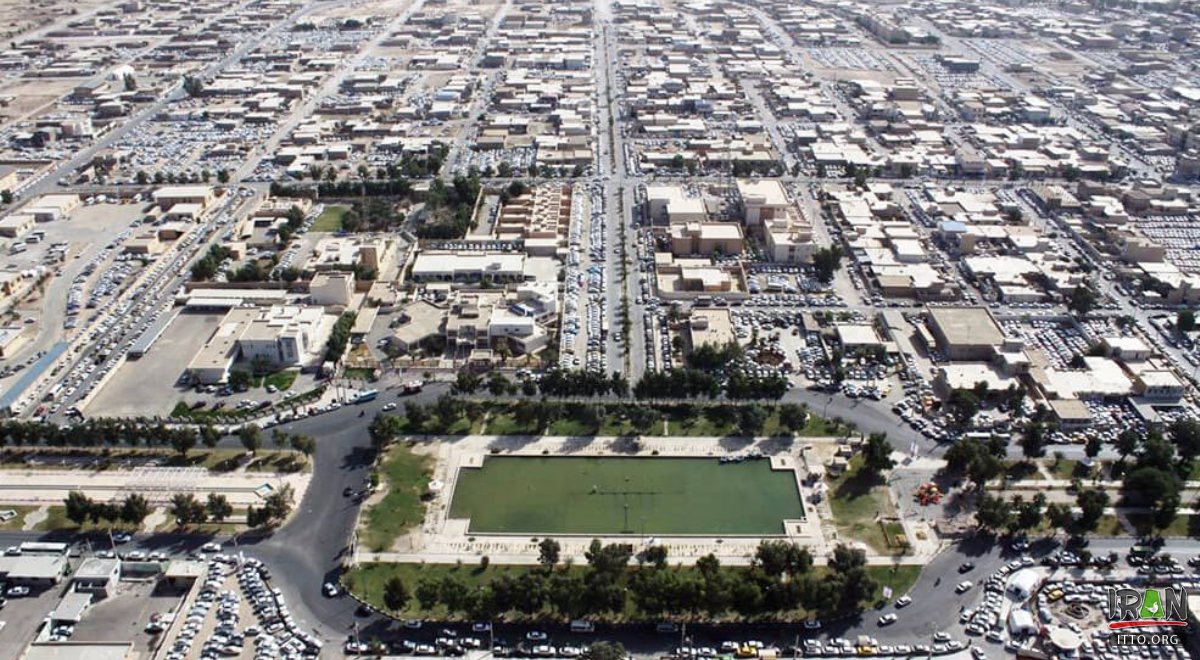
Instantaneously he turned the conversation to Mehran, one of the names of Indus River, the lifeline of Sindh, and said, “Even a city with this name (Mehran) exists in Iran and is located at Iran-Iraq border.”
“I have visited Mehran city during my pilgrimages to sacred places in Iran and Iraq,” he said.
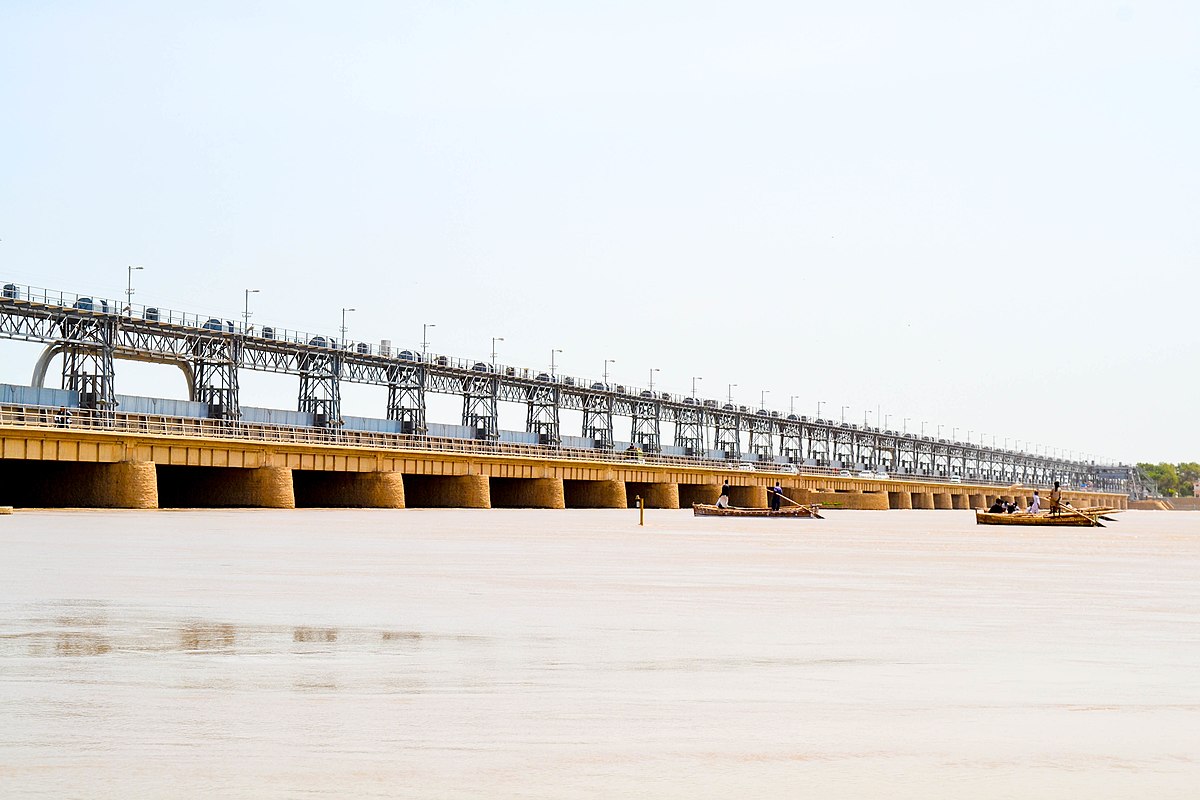
Indus, the Great Trans-Himalayan River of South Asia that traverses 3200km through mountains and plains from Tibet to Sindh to meet the Sindhi Sagar, generally known as Arabian Sea, has its names like Sindhu, Abaseen, Indus and Mehran. The entire territory that falls in the periphery of this river is known since the ages as Sindhu Mathur (Valley) and the Wadi-e-Mehran (Valley of Mehran). For people of Sindh, the Indus, Sindhu and Mehran is more than a river. It’s their love for this river that not only the children are named as Sindhu and Mehran but lots of educational institutions and residential societies have these names.
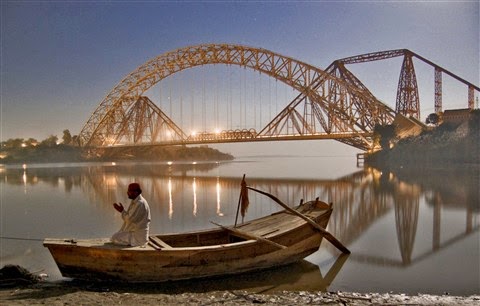
Let me admit that I didn’t know before, about Iranian city of Mehran so Hassan Imam’s information was like a big disclosure for me that sparked my curiosity to learn more about Mehran city, which was but natural being a Sindhi and having same sentiments.
Without delay, I started surfing the Google but in the meantime I contacted Ms. Pooneh Nidae, an eminent poetess and journalist based in Tehran. We had been meeting in South Korea during the conferences organized by Asia Journalists Association and Journalists Association of Korea. I threw a volley of questions – Dear Pooneh I need some information. I learnt that Mehran is a city of Iran near the Iraq border and Mehran is also the name of males and females in Iran. Mehran was also the title of Iranian kings. What does the Mehran word mean in Persian?
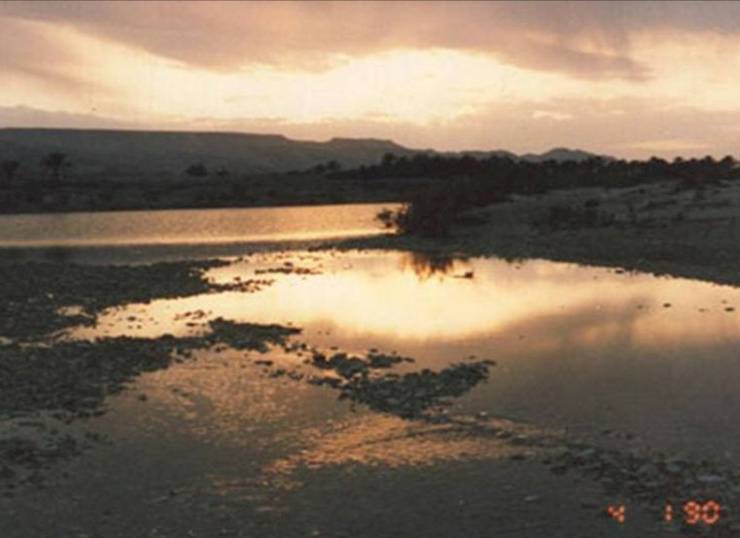
Pooneh was quick to respond. She said, ‘Yes, Mehran is the historic city in Ilam province. There are lots of Mehran in Iran – places and people in history. There are several other villages and small towns with this name in Iran. One such village is located in Sistan Balochistan province neighboring Pakistan. And like the Mehran River in your country, Iran has a river with this name in Hormuzgan province. And yes, Mehran is also used mostly for boys’ names.”
“As I told you Mehran has a history. In the ancient times, Mehran had been the name of a Commander. He was the son of Anooshiravan king in Sasani period.”
“Mehran literally means the one who has kindness. Another meaning is the light of sun,” Pooneh told when impatiently I repeated my question.
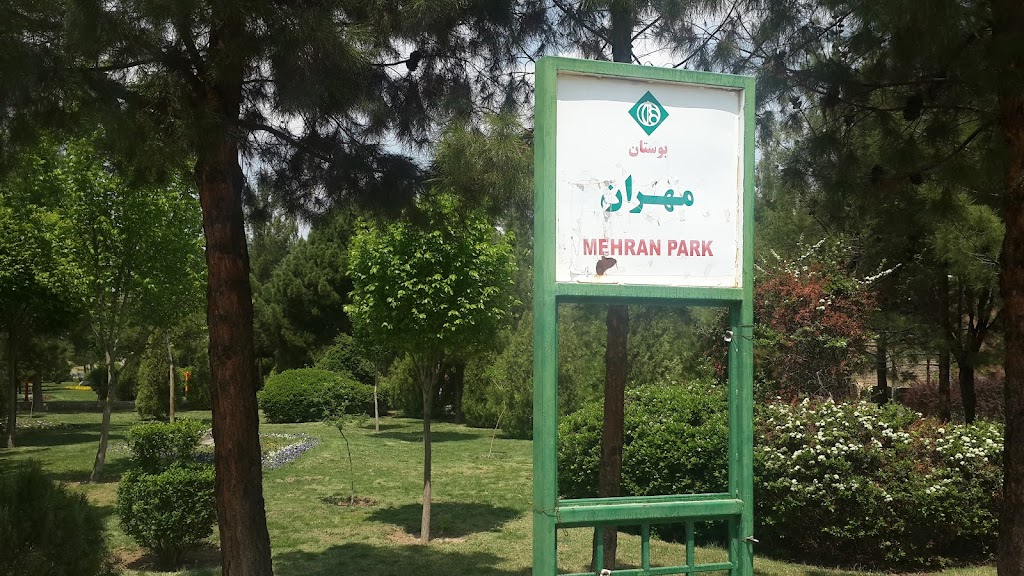
Pooneh added to my knowledge that in Tajikistan too there is a place with this name, and suggested surfing the Google for more details and photos.
Ms. Pooneh’s information was correct. Mehran is also a village in northwestern Tajikistan. It is the seat of the Kuhistoni Mastchoh District, which is located in the Sughd Region and is spelt as Mehron.
As per Google search, Mehran means a Kind Person. It also says that Mehran is derived from the term Mehr (sun), relating to Mithra, an ancient Persian deity.
I also found many places referred to as Mehran – The Mehran (district), a neighborhood of northern Tehran, capital of Iran; Mehran, a village in Alborz Province; Mehran, Ilam, a city in Ilam Province; Mehran County, Ilam Province; Mehran Rural District, Hormozgan Province; Mehran River, in Hormozgan Province, Iran; Mehran River, another name for the Komur River, a tributary of the Aji Chai in Iran.
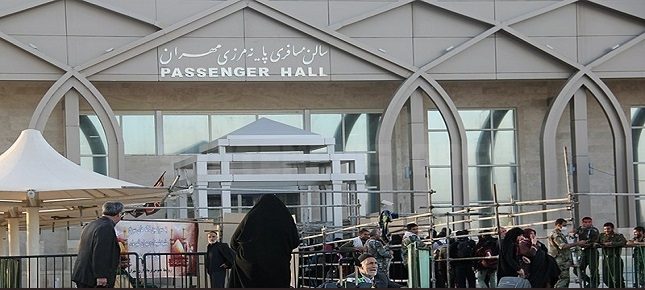
Moreover, Mehran is a character in the Persian epic poem Shahnameh. The Shahnameh or Shahnama. ’’The Book of Kings” is a long epic poem written by the Persian poet Ferdowsi for Sultan Mahmud of Ghazni between c. 977 and 1010 CE and is the national epic of Greater Iran. Consisting of some 50,000 couplets (two-line verses), the Shahnameh is one of the world’s longest epic poems. It tells mainly the mythical and to some extent the historical past of the Persian Empire from the creation of the world until the Muslim conquest in the seventh century. Iran, Azerbaijan, Afghanistan, Tajikistan and the greater region influenced by Persian culture such as Armenia, Dagestan, Georgia, Turkey, Turkmenistan and Uzbekistan celebrate this national epic.
House of Mihran or Mehran
As Ms. Pooneh had told, the House of Mihrān was a leading Iranian noble family Sahrdaran, one of the Seven Great Houses of the Sassanid Persian Empire which claimed descent from the earlier Arsacid dynasty. A branch of the family formed the Mihranid line of the kings of Caucasian Albania and the Chosroid Dynasty of Kartli.
First mentioned in a mid-3rd-century CE trilingual inscription at the Ka’ba-i Zartosht, concerning the political, military, and religious activities of Shapur I, the second Sassanid king of Iran, the family remained the hereditary “margraves” of Ray throughout the Sassanid period. Several members of the family served as generals in the Roman–Persian Wars, where they are mentioned simply as Mihran or Mirranēs, in Greek sources. Indeed, Procopius, in his History of the Wars, holds that the family name Mihran is a title equivalent to General.
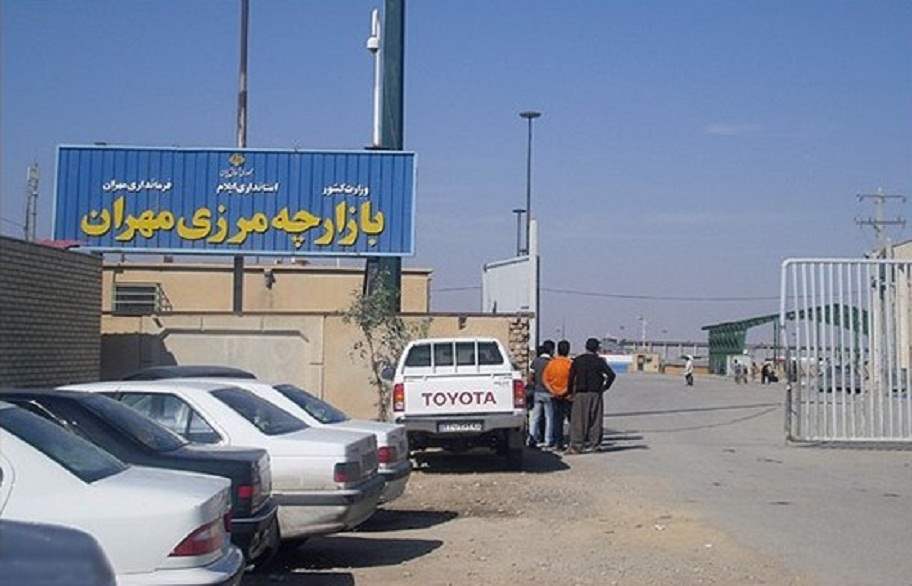
Notable generals from the Mihran clan included: Perozes, the Persian commander-in-chief during the Anastasian War and the Battle of Dara, Golon Mihran, who fought against the Byzantines in Armenia in 572–573, and his son Bahram Chobin, who led a coup against Khosrau II and briefly usurped the crown from 590 to 591.
In the course of the 4th century, the purported branches of this family acquired the crowns of three Caucasian polities: Iberia (Chosroids), Gogarene and Caucasian Albania/Gardman (Mihranids).
Iranian Poets having the name Mehran
My Google search led me to find two Persian poets and a female novelist having the name of Mehran. They are Marsha Mehran, a novelist, poets Mehran Rad and Mehran Sirani. This search helped me to quench my literary thirst.
Marsha Mehran: She was born in Tehran on 11 November 1977, to the parents of Baháʼí Faith. When, a year later, the Shah’s regime began to crumble, the couple began to make plans to leave. The family migrated to Buenos Aires, Argentina, in 1979, at the time of the Iranian Revolution. Mehran grew up in Argentina and the United States, as well as lived in Australia and Ireland. Marsha Mehran’s debut novel, Pomegranate Soup, was published in 2005 and marked the start of her prolific writing career by age 26.
Born as Mahsa Mehran, she decided to use “Marsha” as her name when she was 12 years of age. When she was four years old, she attended a Scottish school in Buenos Aires and became fluent in speaking Persian, Spanish and English at age 6.
According to Abbas Mehran, Marsha’s father: “After birth, we named her ‘Mahsa’, which in the Persian language means ‘beautiful face as the moon’. When she grew up and started to understand languages, we began to tell her stories from illustrated children’s books.”
Following her parents’ divorce in 1994, Marsha lived with her father in Adelaide during her high school years. In 1997, she returned to the US, this time to New York. She married Christopher Collins, an Irish American bartender. They were together for ten years, living in America, Australia, and Ireland, and finally divorced in 2008.

Marsha Mehran passed away, lonely, in Ireland in her cottage in 2014 at the age of 36. Her first book, Pomegranate Soup was translated into 15 languages and published in 20 countries. Her stand-alone book has been published in Australia and New Zealand, by Harper Collins, as The Margaret Thatcher School of Beauty, and by Amazon Crossing as The Saturday Night School of Beauty.
Marsha Mehran’s debut novel, Pomegranate Soup (2005), is the story of three sisters who escape Iran at the time of the Revolution and eventually settle in a small town in the west of Ireland, where they open the Babylon Cafe. Her second novel, Rosewater and Soda Bread (2008), is a continuation of Pomegranate Soup. Her posthumous novel, The Margaret Thatcher School of Beauty (2014), is set in Buenos Aires during the Falklands War and tells the story of a group of individuals who gather once a week to recite poetry and tell tales of what has been.
Mehran Rad: Mehran Rad is an author and poet born in Kerman, Iran in 1963. His first published work was a research project on folklore poems and the Kermani dialect, and this book was republished in Kerman over 5 times. Since then, he has published various works consisting of short stories, translations, poetry, and novels in Kerman, Tehran, Cologne (Germany), and Canada. After immigrating to Canada in 1998, his main area of research has been in Persian literature with a particular focus on Hafiz.
In addition to his published works, Mehran hosts weekly Persian literature lectures for members of the community. These lectures have created an established literary circle which has continued for over 18 years in Waterloo, Ottawa, and to a certain extent in Montreal. Through these lectures, Mehran has written and published several articles relating to Persian literature, in particular classical Persian literary works. Mehran has also been active within his community as a Persian language teacher for children and adults, a podcast host, and a radio program host in literature. Mehran also works as a cabinet maker and carpenter. He lives with his wife in Ottawa and they have one daughter.
I would like to end my note with following quote and a poem of Mehran Sirani. I read this quote and poem again and again, as it touched the core of my heart. He works at Norwegian University of Life Sciences, Department of International Environment and Development Studies.
A Crime without Punishment
One of the worst crimes, in my opinion, is that an individual lies to himself or herself about something. This is in fact an immense crime, which can cause many problems in different terms for other people in our societies; if we seriously and deeply think about it. Unfortunately, still we don’t have any legal punishment for it; possibly due to too much individual freedom or the reluctance of our contemporary educational, judiciary, political system, or the lack of a proper knowledge with regards to the broad consequences of such a crime and many other factors.
Death
I’ve never been scared of the death,
Nor have been worried to reach the end.
More than death or any other nasty event,
I’m worried to die among baffled shadows,
That never understood my simple thoughts.
_____________
Nasir Aijaz is a senior journalist, editor Sindh Courier and The AsiaN Representative in Pakistan, based in Karachi.
Courtesy: The AsiaN, Seoul, South Korea